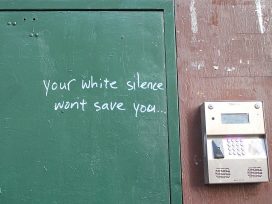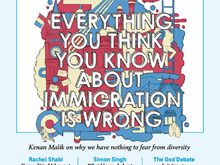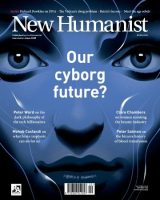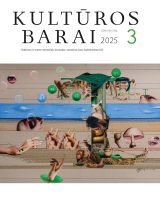Kenan Malik
is a writer, lecturer and broadcaster. His books include From Fatwa to Jihad: The Rushdie Affair and Its Legacy (updated edition by Atlantic Books, 2017; first published 2009); The Quest for a Moral Compass: A Global History of Ethics (Melville House, 2014); and Strange Fruit: Why Both Sides are Wrong in the Race Debate (Oneworld, 2009).
Articles

Living in diversity
On the fear of the Other and anxieties about the Self
The ‘community of communities’ approach is responsible for the emergence of a tribal sense of identity among third-generation Muslims in Europe, argues Kenan Malik. The reaction to diversity must be political dialogue rather than indifference disguised as respect.
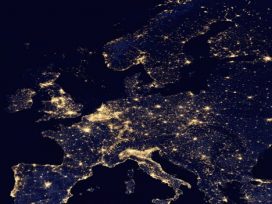
Whatever the result of Thursday’s UK referendum, neither popular disaffection with mainstream political institutions, nor the sense among large sections of the electorate of being politically voiceless, is likely to subside. Nor will it, argues Kenan Malik, until the reasons for that disaffection are directly addressed.

Had journalists and artists and political activists taken a more robust view on free speech over the past 20 years then we may never have come to this, writes Kenan Malik. After all, what nurtures the reactionaries, both within Muslim communities and outside it? It’s this: the unwillingness of many so-called liberals to stand up for basic liberal principles, and their readiness to betray the progressives within minority communities.
Seeing reason
Jonathan Israel's radical vision
The thinkers of the Radical Enlightenment pursued ideas of equality and democracy to their logical conclusions, envisioning a systematic egalitarianism extending across all frontiers, class barriers and horizons. Jonathan Israel in conversation with Kenan Malik.
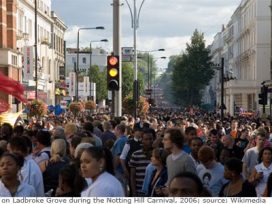
The facts, the myths and the framing of immigration
The case of Britain
Today, the same arguments once used against Jews, and then against South Asian and Caribbean immigrants, are now raised against Muslims and east Europeans. However, Kenan Malik finds some comfort in reviewing the facts of the matter. He then tackles the illusions.
